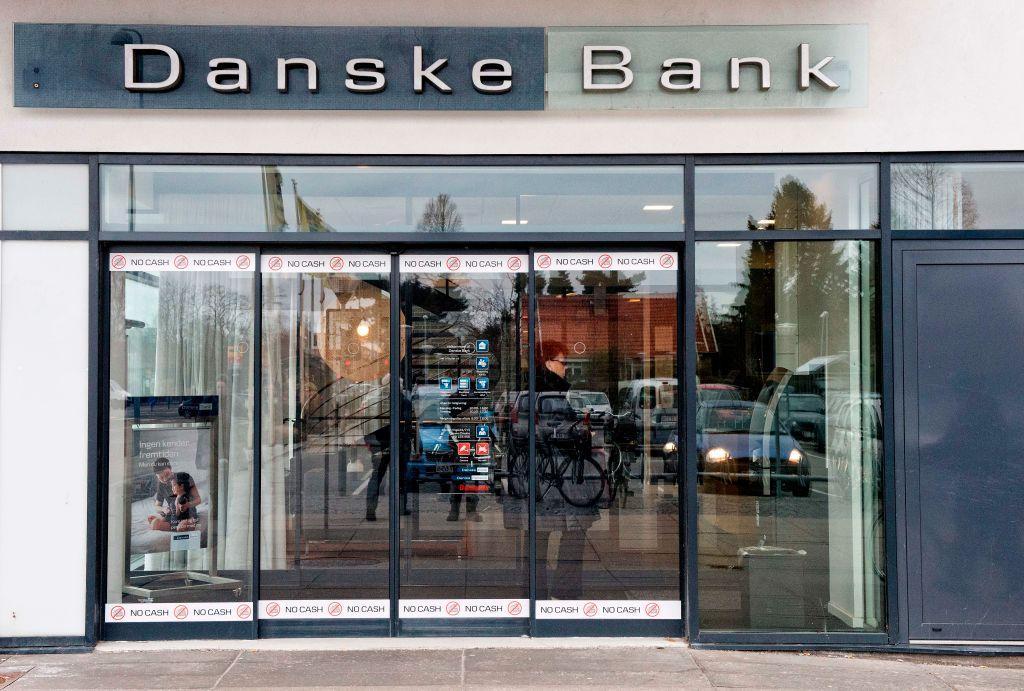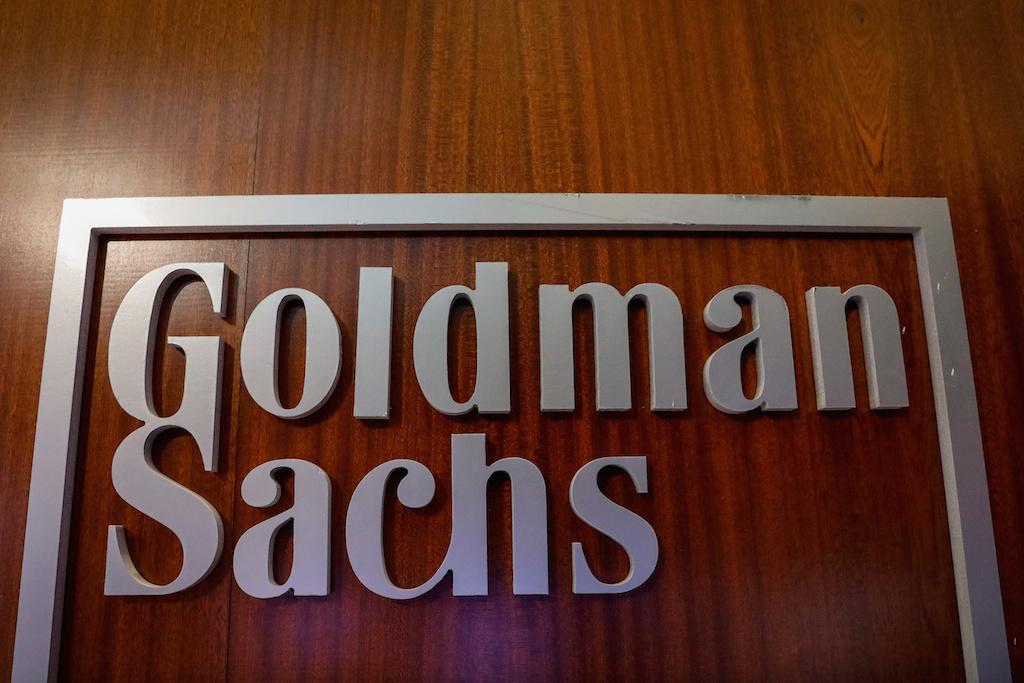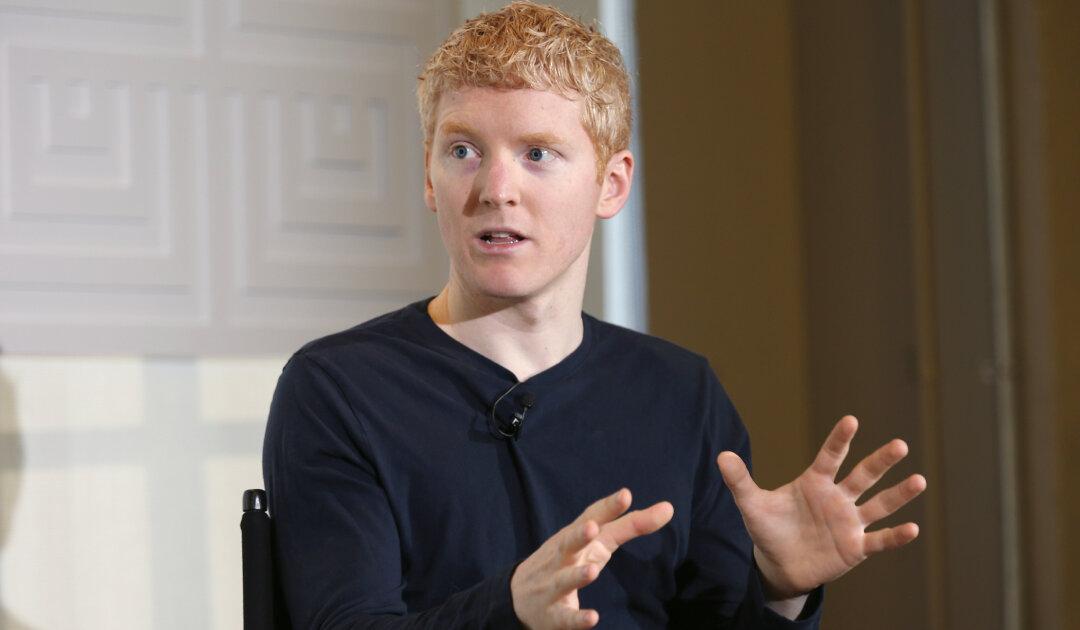As Danske Bank A/S is investigated for money laundering, a key question remains whether it was used by anyone on U.S. sanctions lists.
Denmark’s biggest bank has so far said there’s no evidence sanctions were breached. But it’s also acknowledged that the risk can’t be ruled out. Last week, Danish police filed the first criminal charges against Danske, zeroing in on its failure to screen clients, including those defined as “politically exposed.”




